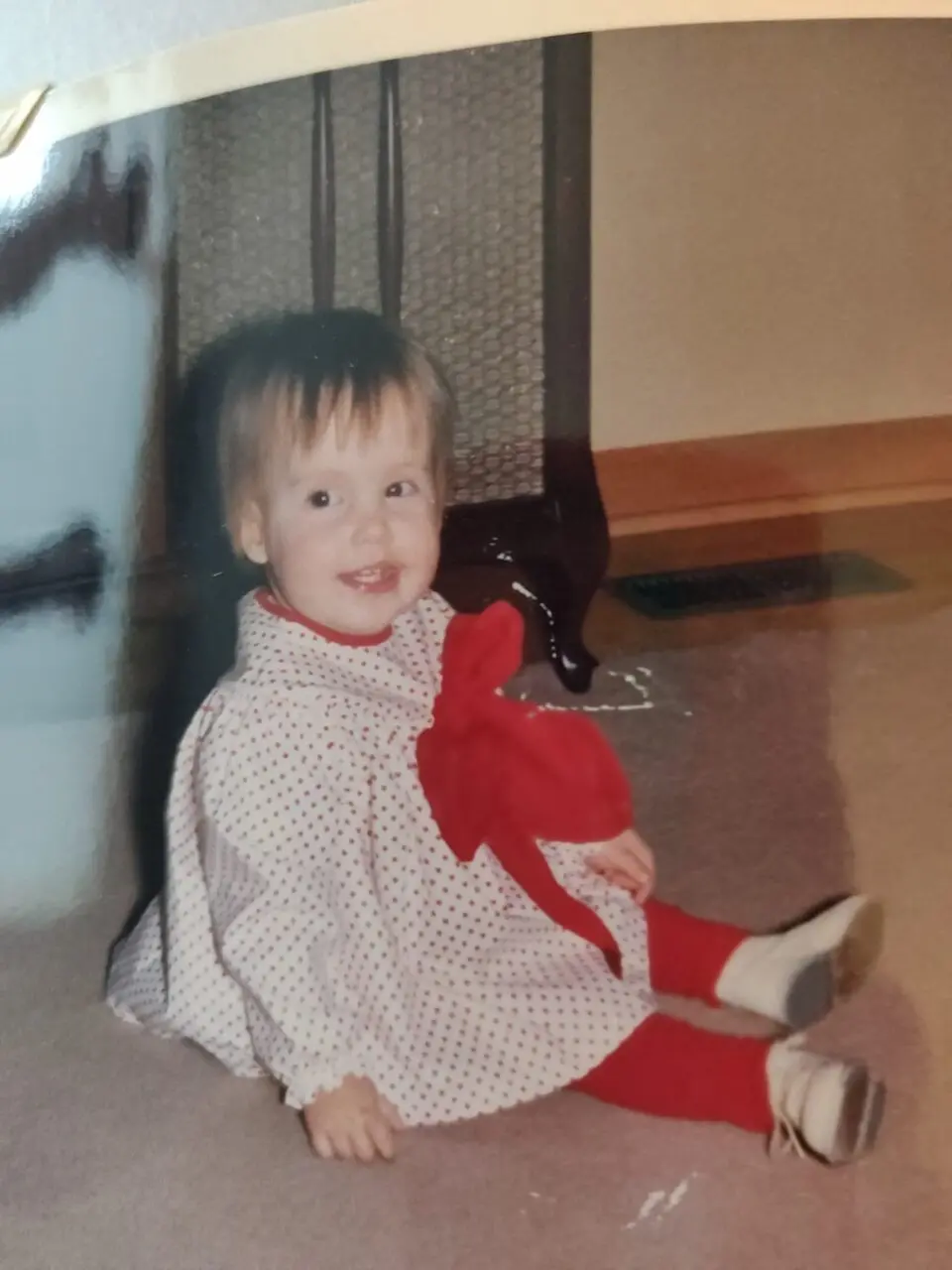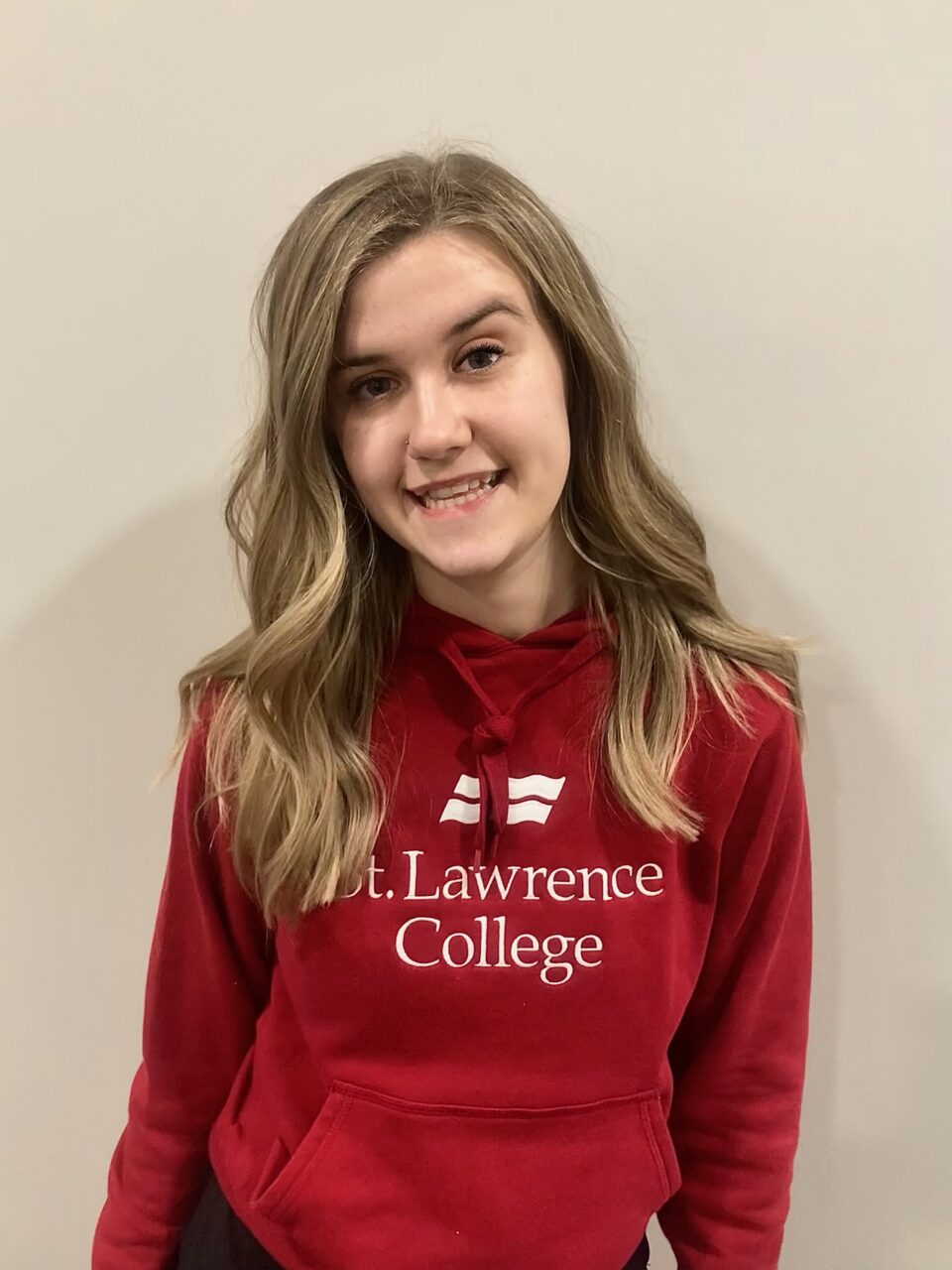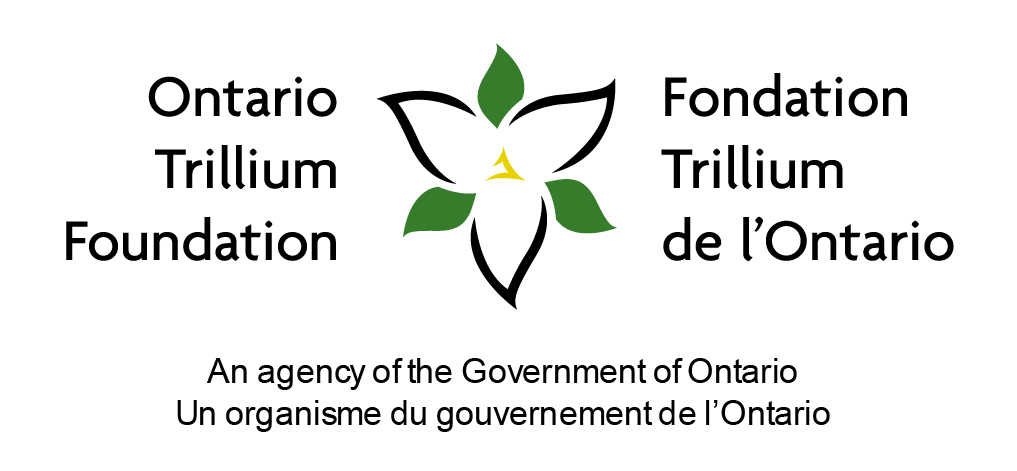
Twin sisters Amanda and Meredith Cullen have very different lives but share a deep
connection.
Amanda and Meredith were both born prematurely at 26 weeks. While Meredith was
born healthy and was a bit smaller, Amanda was born with hydrocephalus. Amanda
had several shunt revisions in childhood, which resulted in seizures and epilepsy, which
she has since outgrown. The 43-year-old Ottawa residents describe their experiences.
Their parents separated when they were six years old. The twins lived with their mother
in the same house where they grew up.
Their mother’s sudden death in 2017 turned their lives upside down. While they both
grieved the loss, the impact was entirely different for Amanda. She struggled
emotionally and psychologically after the death and was diagnosed with schizophrenia
about a year ago.
Amanda was unable to focus on her work and has since taken a leave of absence from teaching while she is seeking treatment. With financial and emotional support from Meredith, who is a registered nurse, they have remained in the house. Amanda hopes to return to work in the fall.
Growing up, Meredith and Amanda, like most twins, dressed in identical, if not similar, outfits until they were about six years old. They shared similar activities and friends. Even today they still share many of the same friendships from when they were children. The girls attended the same school and classroom until they were separated in grade four when Amanda started to fall behind and was diagnosed with a non-verbal learning disorder that required extra classroom tutoring. Sometimes her teachers would even stay to help Amanda till late in the afternoon. Amanda was never afraid to ask for the help she needed and to speak up for herself.
Meredith believes that their mother protected Amanda more because of her disability. As a teenager, she wanted and tried to be a thoughtful and loving sister, even if it meant that she grew up a bit faster or had a different childhood from her friends. She remembers her mother often saying, “take care of Amanda”.
Whenever Amanda had a stomachache, Meredith wondered if there was something wrong with her shunt and worried about further surgery for her sister. She also did her best to ensure Amanda did not hit her head while getting in and out of a car. Their mother did most of the housework and cooking while they were living together. When she died, their eyes were opened to the many tasks of running a household. For these reasons, the sisters agree that they are messy housekeepers and are not terribly interested in cooking.
Meredith is proud of Amanda’s academic achievements and is keenly aware of Amanda’s strengths. Meredith knows that with the tutoring Amanda received in
university, her drive and discipline, she was able to complete a bachelor’s in psychology and attend Teacher’s College. Meredith also believes that she became a nurse as the result of her sister’s complex health needs and her experiences in the health care system. In fact, both sisters are in helping professions which provides them much happiness and fulfilment. In the years since their mother has died, Meredith and Amanda have become closer to their father, who now resides in a retirement home. They speak daily and visit every other week.
Amanda and Meredith have a cockapoo named Tommy, who they adore. Walking Tommy has helped them get to know their neighbours better. The sisters attend potluck dinners on weekends with many of their neighbours. They have taken more of an interest in cooking and meal planning, too.
Whenever she can, Meredith attends medical appointments with Amanda so that she can be a second pair of ears and help Amanda remember important details. It is also advantageous that as a nurse, Meredith is familiar with medical terminology and can explain information to Amanda.
Amanda finds support through groups like the Ottawa Tasters Club for individuals with spina bifida and hydrocephalus and others for her mental health. She attends an online book club and a weekly cooking class offered at the Royal Ottawa Mental Health Centre. She has also met others with schizophrenia who have helped her in her recovery and fostered her belief that she will get better and lead a full life.
Amanda and Meredith have this advice for anyone with a disability: Find a good support system. Have good role models in your life. You are not alone –
there are others like you. Live in the present and try not to worry about the future.






